Greater love than this no man hath, that a man lay down his life for his friends. –John 15:13
…..Blessed Paul Giustiniani (regarded as a “second Romuald”) gathered followers about him to withdraw into solitude and silence and to engage in spiritual combat with the world, the flesh, and the devil for the salvation of souls. His reform of the eremitic life in Italy resulted in the formation of the Camaldolese Hermits of Monte Corona…..underlying the Camaldolese hermit’s special call to perfection, a call that belongs to the very essence of the Church’s mission……”under the influence…many people will find the time and place for a desert experience in their lives. They then will not only discover God anew but will also discover the road to another person, to a husband, to a wife, to one another, to the community.”
“the desert (biblically speaking) has always been a shelter for all those sincerely seeking the truth” and who need to find their identity in Christ. “The desert indicates a decision to leave everything that is banal, hollow, and sinful in human existence… The fervent desire for our own conversion and salvation is the first condition of going out into the desert”. It is to “leave the paper world”, to reject the “vulgar illusions that tempt the modern world”, and to be freed from the superficialities of a “McDonald’s civilization”.
…..His penances and sufferings are united with those of Christ and the hermit “follows His Master on the Way of the Cross” for the salvation of souls. In his solitude, however, he is not severed from the temporal concerns of his fellow men; rather he remains vitally concerned with their social concerns and his “way of the desert” does not lead to the negation of authentic values in the world or of other people. The precious “gift of tears” may be vouchsafed him by the Holy Spirit who “allows his eyes to be filled with tears when he becomes aware of the painful lack of love and faith among Christians.”
“Someone who is empty cannot stand up to the emptiness of the desert… Nobody goes to the desert in order to look for prestige, acceptance, success or fame. Such reasons would quickly lead to madness or demonic possession”.
The Camaldolese vocation is rather for the psychologically balanced, for those who seek union with God, the “Absolute Presence”, and are “fascinated with the Lord’s beauty, which becomes perceivable and clear only for a heart transformed by the power of grace”. There are some wise cautions regarding the temptation to seek “the land of pure spirituality”. The hermit is not a gnostic…..
“Catholic mysticism has never meant contemplating one’s own self… The hermit does not try to use any mystical techniques of breathing, mantras, visualizations, or the tantra… When the hermit wants to pray, he does not follow any specific procedures such as taking certain body positions, regulating his breath, or purging his mind. His method of prayer is not to have any method at all. He closes the door of his cell and begs God for the gift of the Word and the Spirit that would enable him to perceive in faith the merciful and simple presence of the Father.” A Camaldolese
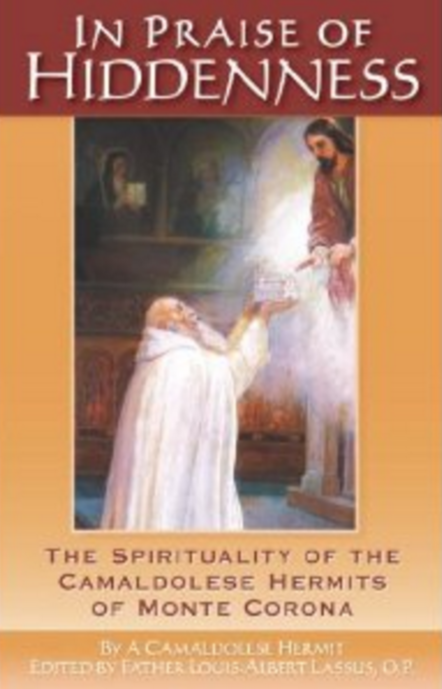


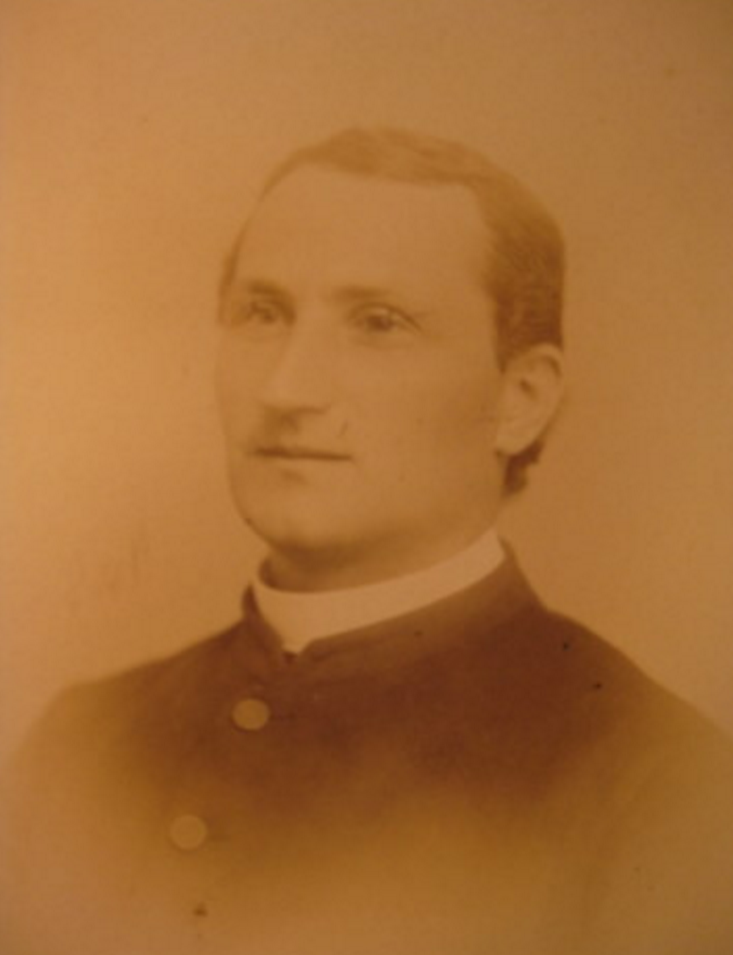
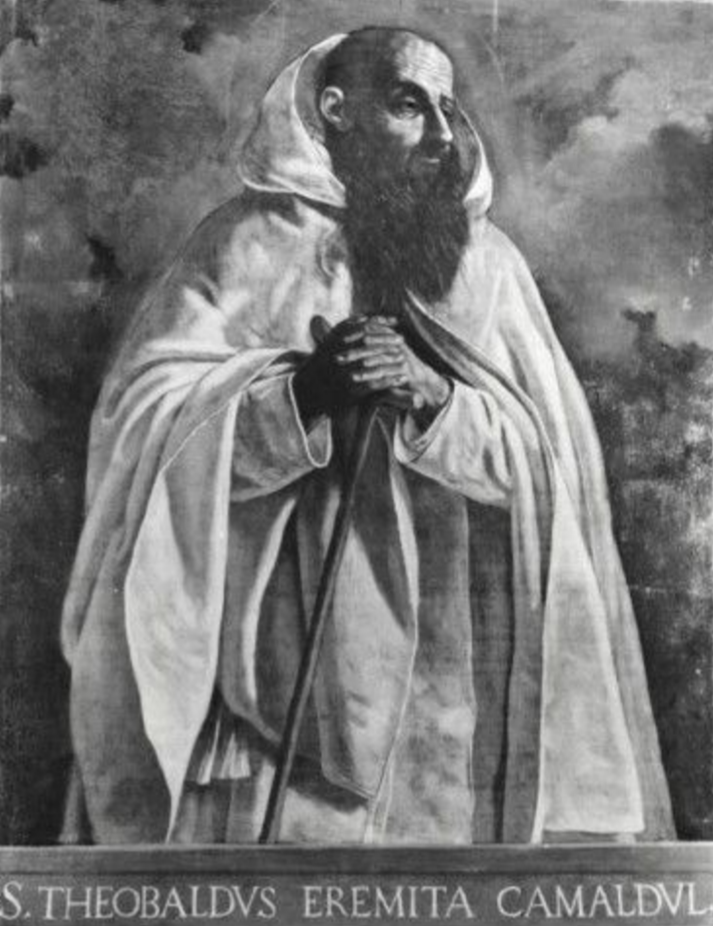
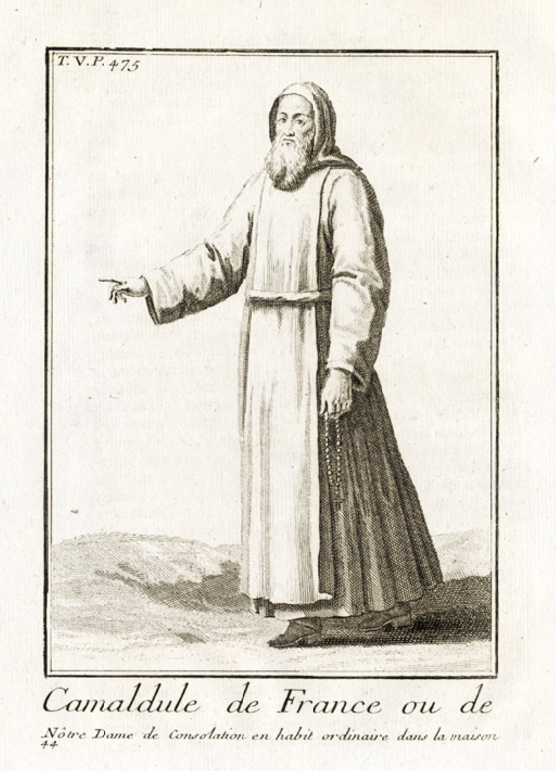
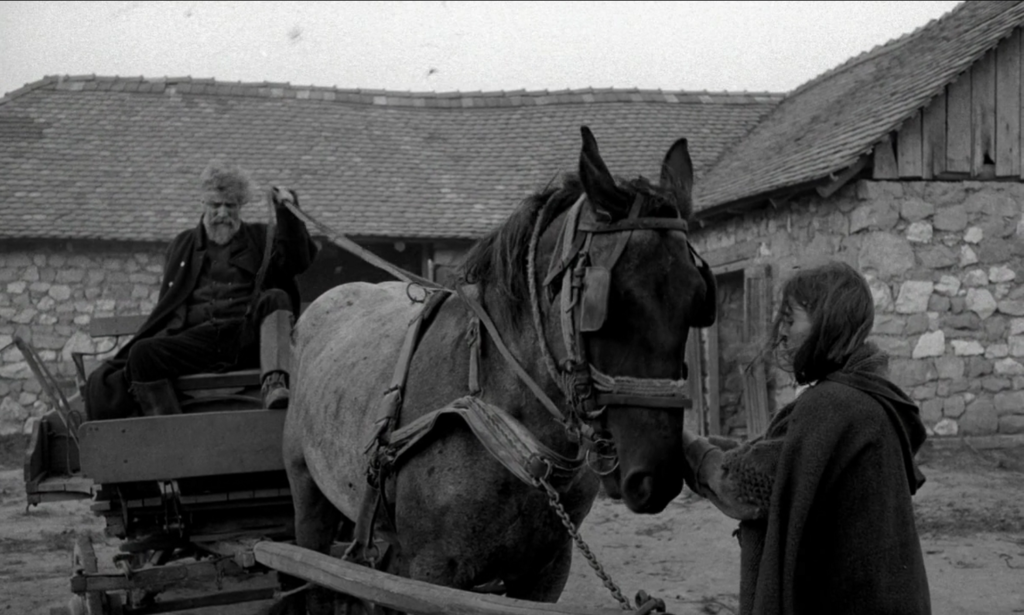
Recent Comments